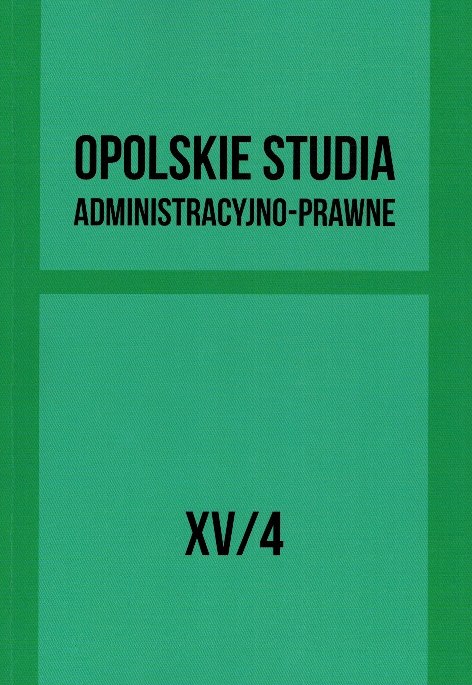The Bologna Declaration and Free Movement of European Union Citizens in the Fields of Legal Education and the Legal Profession – Observations in Finland
The Bologna Declaration and Free Movement of European Union Citizens in the Fields of Legal Education and the Legal Profession – Observations in Finland
Author(s): Matti Ilmari NiemiSubject(s): Higher Education , Sociology of Law
Published by: Uniwersytet Opolski
Keywords: Bologna declaration; recognition of degrees; free movement of European Union citizens
Summary/Abstract: Finland is a member of the European Higher Education Area. The principles of the Bologna Declaration have become reality in certain respects. The form and structure of Finnish law degrees are uniform with the Bologna model. However, mobility and the free movement of students have only been realised in a limited sense. Finnish law degrees are still closed both in international and national respects. Uniformity of degrees is treated here as a means to carrying out free movement and the right of establishment as the principles of the European Union. Uniformity of degrees is a necessary precondition in recognising degrees earned in another country. Without the recognition of the workmanship and degree earned in a home country, it is very difficult to establish oneself in a host county. Both the basic treaties and the applicable directives of the European Union obligate member states to recognise degrees earned in other member states. There are, however, important exceptions and restrictions. Lawyers often work as judges, prosecutors, bailiffs and other officers. They are subject to exceptions and restrictions. As a rule, advocates have the freedom to provide services and establish themselves in a permanent way, and act as advocates in another member state. Even in this case, there are steps and restrictions. In practice, it is not easy to move to another member state and act as an advocate with the help of a law degree earned in the home state. Basically, the reasons for these difficulties are the differences between national legal systems.
Journal: Opolskie Studia Administracyjno-Prawne
- Issue Year: XV/2017
- Issue No: 4
- Page Range: 21-37
- Page Count: 17
- Language: English

